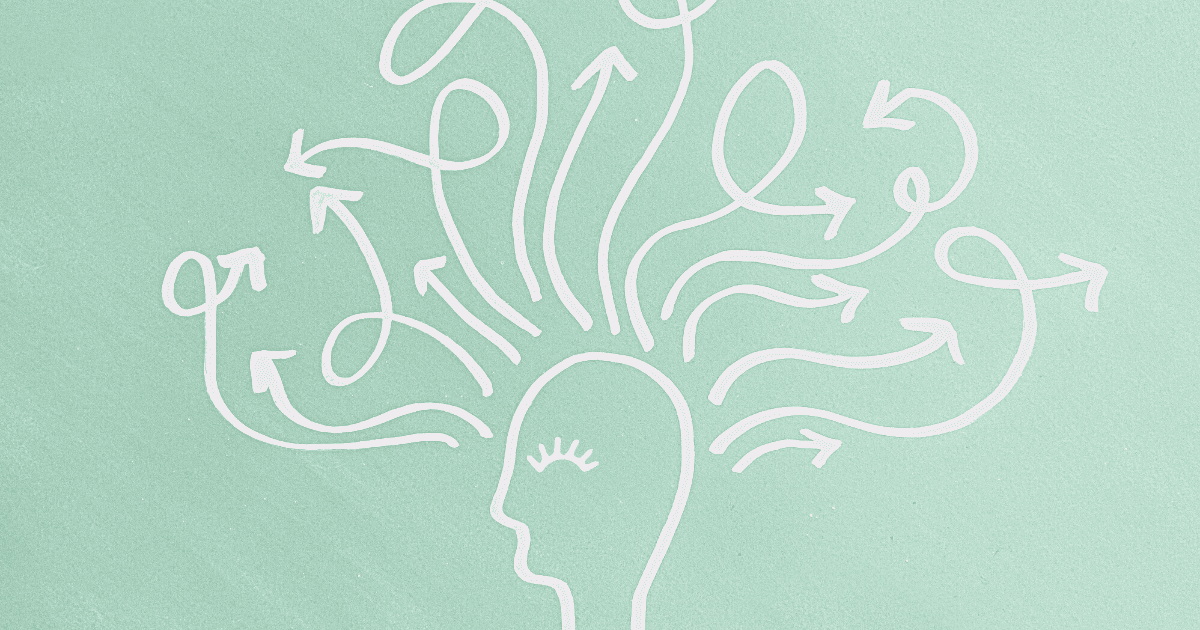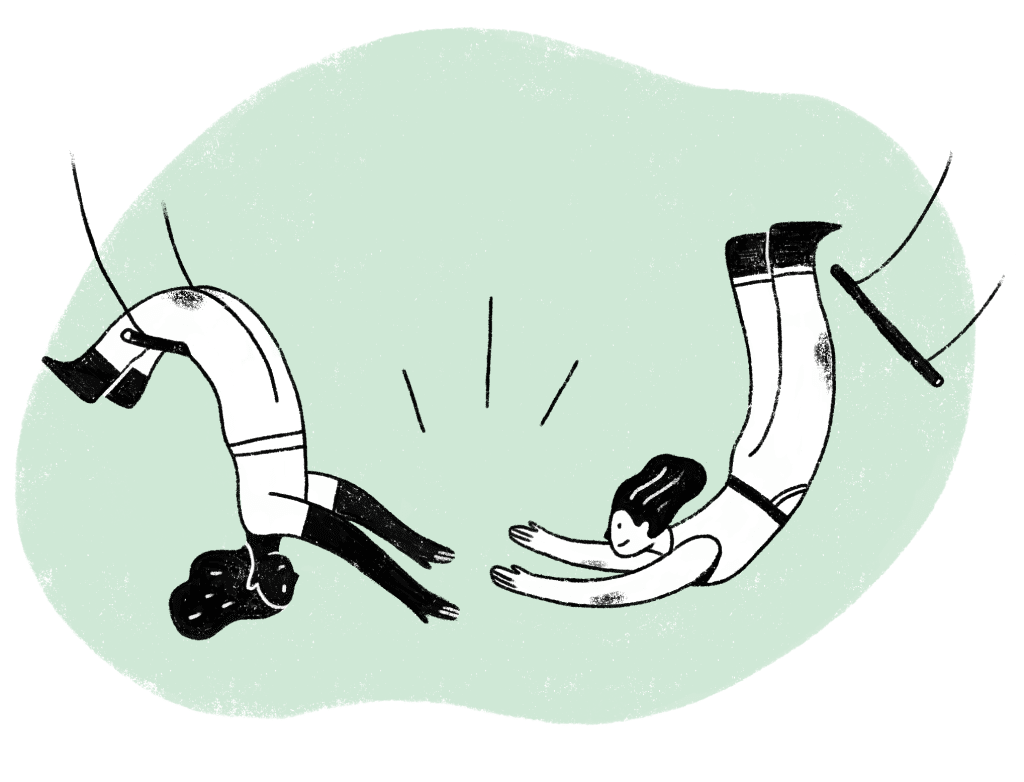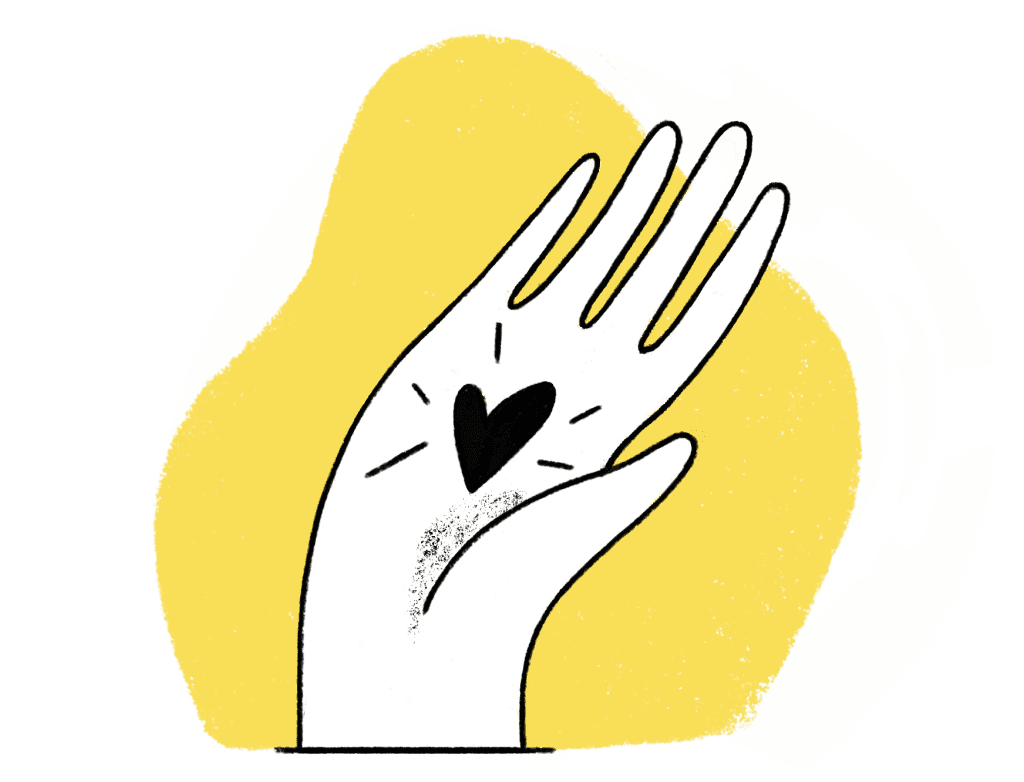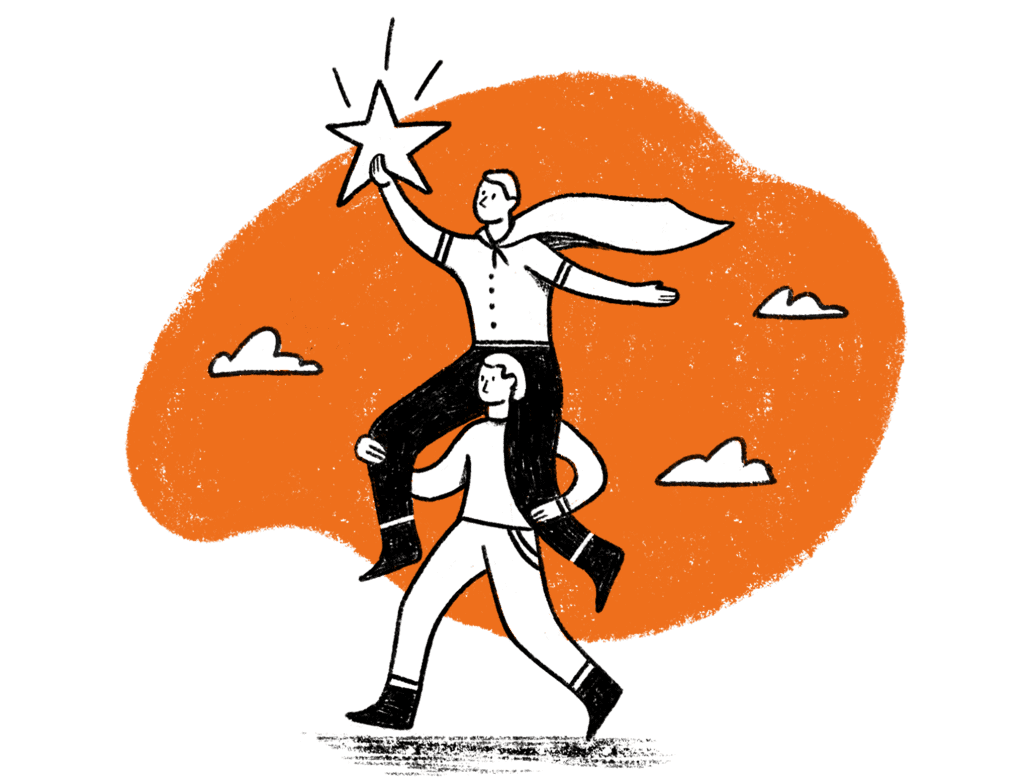
12 February 2026
7 min.
Team management
16 September 2022
5 min.

Team cohesion is the extra glue that makes teamwork more enjoyable and productive. It is what binds people together and helps develop a sense of belonging to your organization. But how do you create an environment that facilitates the development of team cohesion?
These 6 topics should help you!
Psychological safety is the foundation on which team cohesion is built. In teams where psychological safety is present, everyone feels they can be themselves, even when things are not going well. You are encouraged to be authentic, to express your opinion, and to listen without judgment. When there is a climate of psychological safety in a team, there is no need to hide behind a “mask”!
To develop a climate of psychological safety, you need to implement the right conditions and adopt behaviours that promote psychological safety.

Here are some examples:
It is important to know how to react when this psychological safety is threatened. Because psychological safety is the foundation of trust!
In an organization, we have no choice but to work with people from different backgrounds and with sometimes very different ways of operating. To accelerate the development of team cohesion, it is important to work on team standards. Team standards are kind of guidelines that clarify the formal and informal ways of doing things within the team. This can include, for example, the rituals you wish to have, the types of behaviour you wish to observe and avoid, or the values you wish to promote as a team.
While these are benchmarks that come naturally to some teams, not all do, and provoking reflection helps everyone to feel better faster!
Are there cases of incivility or harassment in the teams you work with? Do relational conflicts often arise? Beware: disruptive behaviour is a real obstacle to team cohesion!
Quickly making team members aware of the impact of their actions on their colleagues and on the work atmosphere, and informing them of the strategies to put in place to identify and stop incivilities, helps prevent problematic situations.
Indeed, everyone has a role to play in maintaining a healthy, pleasant, and respectful workplace!

Teamwork means collaboration!
Learning to collaborate better means putting in place simple and effective practices that boost teamwork, for example, by calling on the collaborative strengths of each person or by identifying the communication standards that should be respected.
In teams with excellent collaboration, members feel empowered and know that they have a role to play in maintaining an optimal collaboration dynamic. Indeed, everyone is aware of the pitfalls of collaboration and knows how to avoid them!

If there is a soft skill to develop to foster team cohesion, it is psychological proximity. With the upheaval of the pandemic, many organizations have implemented remote and hybrid work. As a result, people are physically less in contact with each other and sometimes feel isolated from their teams. They may even find it difficult to develop a sense of belonging to the organization.
However, out of sight does not necessarily mean out of mind. On the contrary! There are many practices that teams can adopt to increase proximity between colleagues even when they are at a distance. For example:
In order to implement these practices, you need to be aware of them and put them into practice in a deliberate and systematic way!
Trusting colleagues is essential for team cohesion. However, a bond of trust can take time to develop. Conversely, it can be quickly eroded. It is possible to suddenly lose trust in a colleague, for example, because they have not upheld their commitments.
To restore trust, we need to know its four main pillars: integrity, intention, competence, and result. In order to mend the broken pieces, we consciously identify which of these pillars have broken down, find a common professional interest, and clarify each other’s needs and expectations. When there is trust, the work atmosphere is much more pleasant and collaboration is better.

And this is how to get the full potential of a team: by creating team cohesion, helped by these 6 soft skills, we can all excel together! We can then set up team challenges to create or reinforce a learning culture that will open the way to excelling both personally and as a group.
Blog